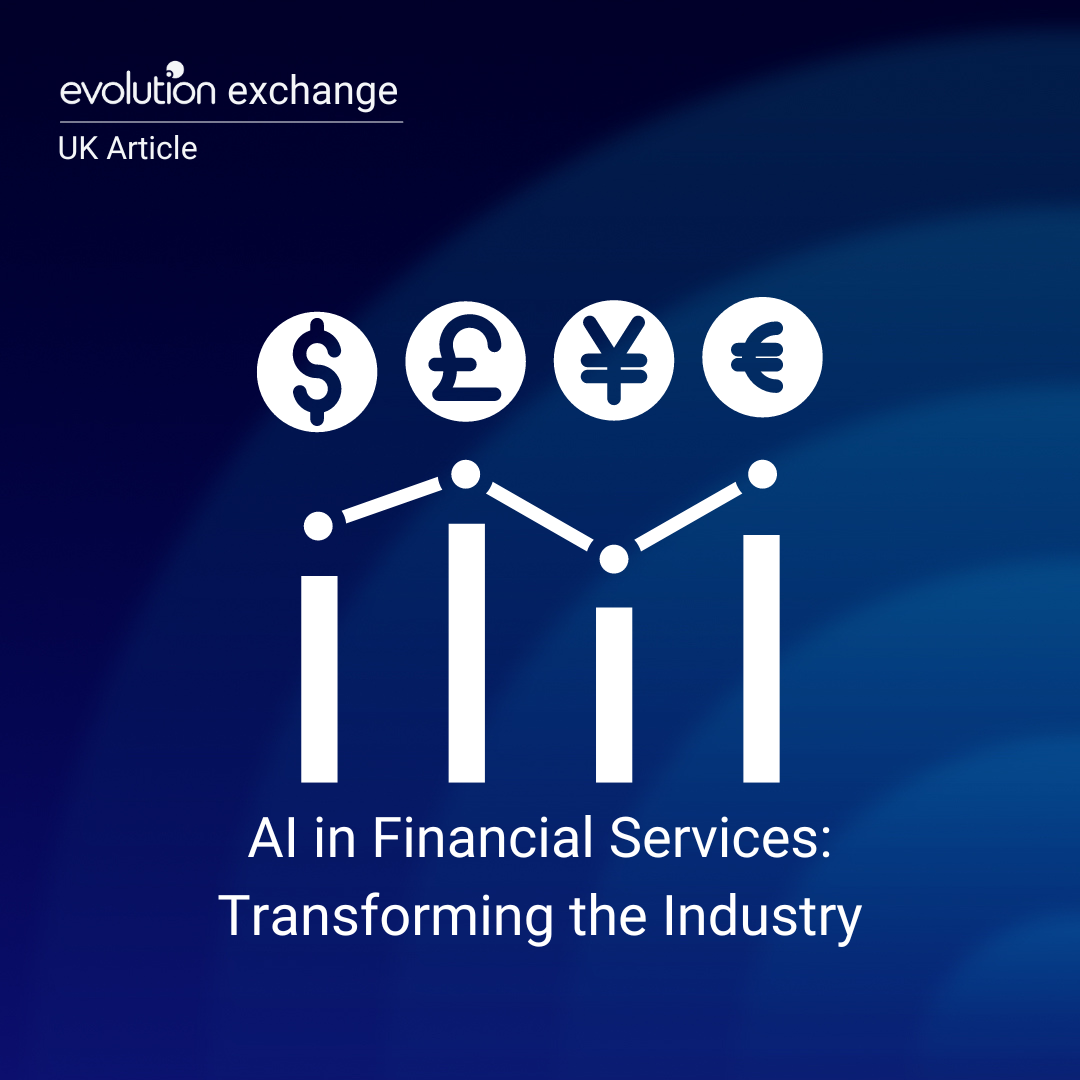Artificial Intelligence (AI) is revolutionizing the financial services industry by offering advanced solutions that enhance efficiency, improve decision-making, and deliver superior customer experiences. The integration of AI into financial services spans various domains, from banking and insurance to investment and compliance, fundamentally altering the landscape of the industry. Here’s a comprehensive look at how AI is transforming financial services.
1. Enhanced Customer Service and Experience
AI-Powered Chatbots: Chatbots equipped with natural language processing (NLP) capabilities handle customer inquiries 24/7, providing instant responses and personalized assistance. This improves customer satisfaction and reduces the workload on human support teams.
Personalized Financial Advice: AI algorithms analyze customer data to offer tailored financial advice and recommendations. This personalization helps customers make better financial decisions and enhances their overall experience.
2. Fraud Detection and Prevention
Anomaly Detection: AI systems monitor transactions in real-time, identifying suspicious activities and flagging potential fraud. Machine learning models continuously improve their accuracy by learning from new data and evolving fraud patterns.
Behavioral Analytics: By analyzing customer behavior, AI can detect deviations from normal patterns that might indicate fraudulent activities. This proactive approach helps prevent fraud before it escalates.
3. Risk Management and Compliance
Credit Scoring: AI analyzes a broad range of data sources, including alternative data, to assess creditworthiness more accurately. This leads to better risk management and expands access to credit for underserved populations.
Regulatory Compliance: AI automates compliance processes by monitoring transactions, analyzing regulatory changes, and generating compliance reports. This ensures adherence to regulations and reduces the risk of non-compliance.
4. Investment Management
Algorithmic Trading: AI-powered algorithms analyze vast amounts of market data to identify trends and execute trades at optimal times. This increases trading efficiency and can lead to higher returns.
Robo-Advisors: These AI-driven platforms provide automated investment advice based on individual financial goals and risk tolerance. Robo-advisors democratize access to investment management, making it affordable and accessible to a broader audience.
5. Financial Forecasting and Analysis
Predictive Analytics: AI models forecast market trends, economic conditions, and financial outcomes by analyzing historical data and identifying patterns. This helps financial institutions make informed strategic decisions.
Sentiment Analysis: AI analyzes news articles, social media, and other sources to gauge market sentiment. This real-time insight assists in investment decisions and risk assessments.
6. Operational Efficiency
Process Automation: AI automates routine tasks such as data entry, document processing, and transaction reconciliation. This reduces operational costs, minimizes errors, and frees up human resources for more complex tasks.
Customer Onboarding: AI streamlines the onboarding process by verifying identities, conducting background checks, and automating documentation. This accelerates the process and enhances the customer experience.
7. Insurance Services
Claims Processing: AI automates the assessment and processing of insurance claims, ensuring faster and more accurate settlements. Image recognition technology can evaluate damage from photos, speeding up the claims process.
Underwriting: AI analyzes a wide range of data points to assess risk and determine premiums. This results in more accurate underwriting and






























